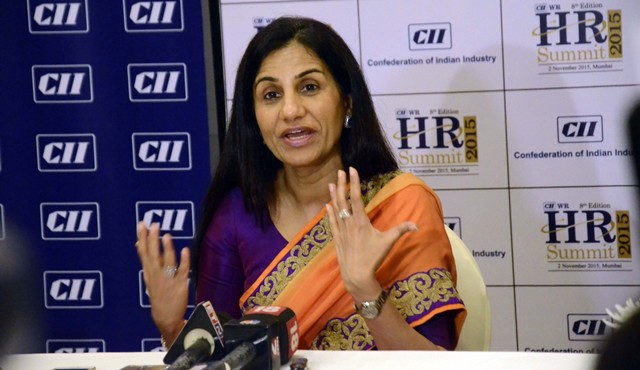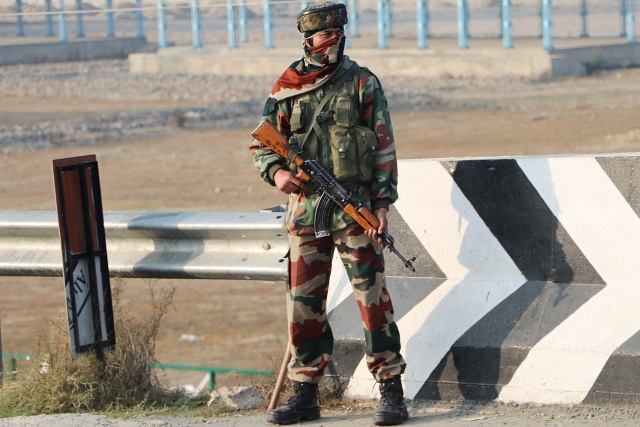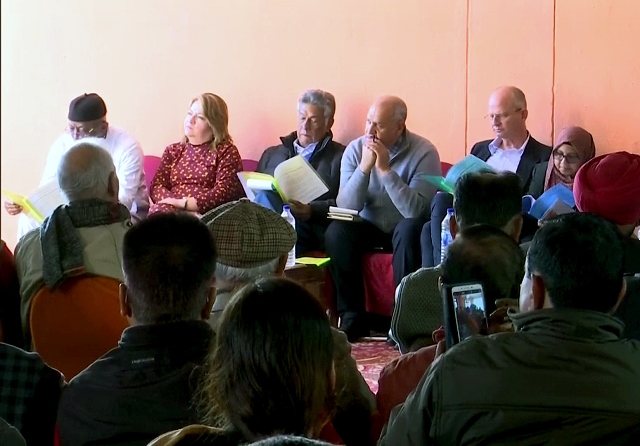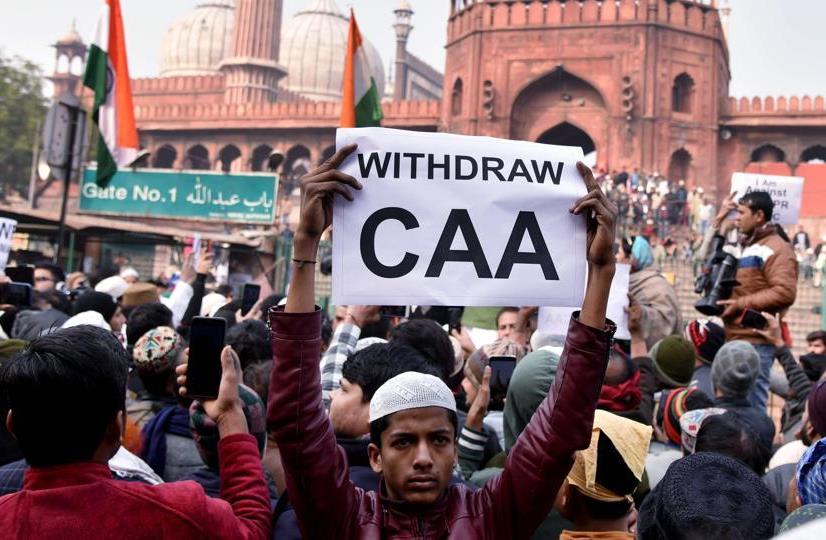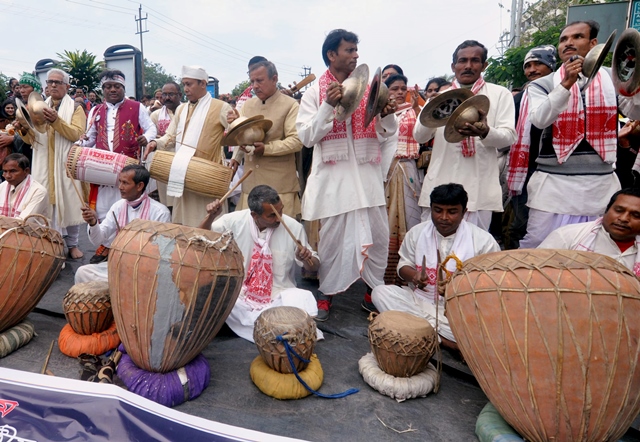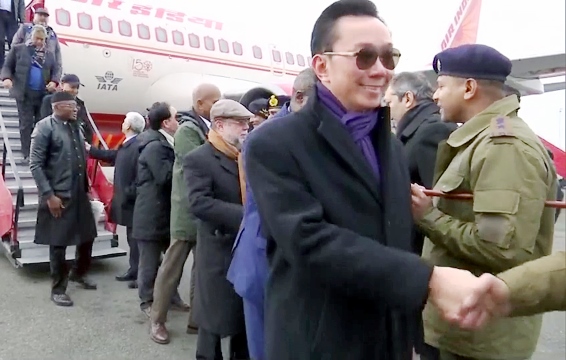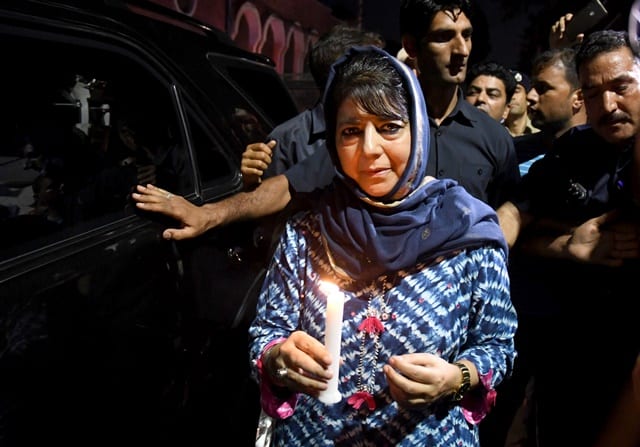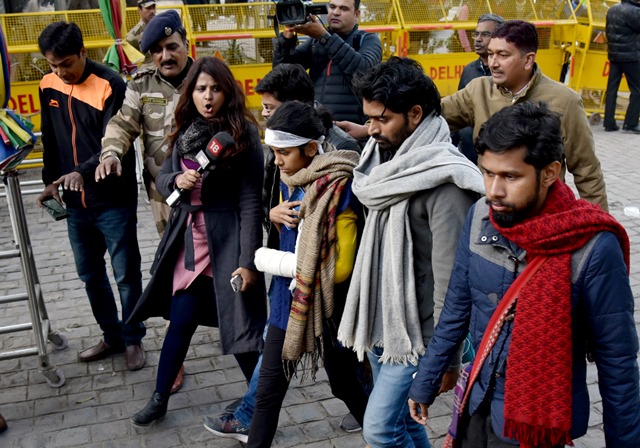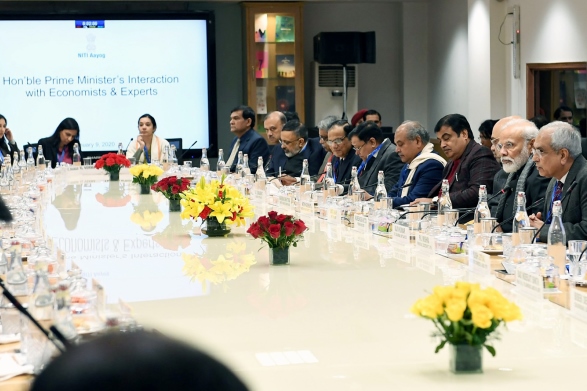When
External Affairs Minister S. Jaishankar, a seasoned diplomat who understands
America well, declined to meet a US Congressional delegation that included an
Indian-origin member critical of India’s current Kashmir policy, eyebrows were
raised. Besides Kashmir, the Citizenship Amendment Act (CAA) and a National
Register of Citizens (NRC) that are widely perceived as discriminatory have painted
a negative picture of India abroad.
Signals
are unmistakable. United States Ambassador to India, Ken Justor, has removed
from his official web account pictures of him visiting different religious
shrines. Diplomats posted in New Delhi do not speak on record but they convey their
‘concerns’ privately. Their classified reports sent back home couldn’t be
positive.
Japanese
Premier Shinzo Abe, although a friend of Prime Minister Narendra Modi, and
foreign minister of Bangladesh, India’s friendliest neighbour, recently postponed
their visits. Dhaka is having to do diplomatic fire-fighting to prevent
domestic fallout. While foreign governments are silently monitoring, some of their
lawmakers, representative bodies and the media are vocal.
For
many weeks, protests over the two laws are raging across the country and not
just in the winter-hit North; in cities and not just the university campus
where they are accused by the Modi Government and its voluble political and
‘cultural’ arms as housing “urban Naxals”. The government says these protests
are engineered by disgruntled political parties and groups of Left-liberals and
“anti-nationals” who are “pro-Pakistan”, having an agenda to “break” (tukde-tukde is the term).
The
reality is quite different. Violence which has hit many a university campus,
critics say, is officially sponsored. Only, the government does not want to
acknowledge it. Over 25 protestors have died. Unsurprisingly, the world sees it
as a Hindu-Muslim conflict. Nothing draws international attention to a country
more than a religious conflict.
Some
of the government’s political allies and members of the ruling National
Democratic Alliance (NDA) are, after supporting it have, quite
opportunistically, done a U-turn.
The
government has been assuring foreign governments that its actions, taken and
those intended, are its “internal matter”. But widespread protests
indicate that concerns persist. Being a
democracy, shutting out the Internet in parts of the country in this information
age, legislating and acting without conducting due processes and marshalling of
evidence before declaring chunks of population as “illegal immigrants”,
even if they came from neighbouring countries, cannot exactly be seen as “internal”.
More
so, because far from being a hush-hush exercise, it is part of a high decibel public
discourse. The government’s credibility is being seriously questioned. Its aggressive,
even toxic justification, calling supposed illegal migrants ‘termites’ and its
policy’s critics ‘traitors’ has worsened things.
Worst,
perhaps, is enacting CAA to accord unsolicited citizenship to people in Afghanistan,
Pakistan and Bangladesh. If it is meant to undo ‘injustice’ done to them during
1947 Partition, as the official argument goes, why Afghanistan, not really a
part of the British Empire, and where India has invested billions to earn
goodwill, is included? Why Buddhist majority Sri Lanka, the Maldives with
near-total Muslim population, Hindu majority Nepal are excluded remains
unexplained. Why a number of communities with microscopic or zero populations
in those countries like Jains and Zoroastrians, are included? It is obvious, by
process of elimination, why Muslims are not.
Asking
people of other countries to become Indian citizens casts aspersions and is an
affront to their sovereignty. Two questions arise. One, have those people
sought Indian citizenship and two, what has been done about those who have
sought and are already in India?
The
Modi Government with over four years left to renew its current popular mandate
is firmly in saddle. But the restiveness at home has certainly hit its
popularity abroad. What message an expelled foreign student on university
exchange scholarship and a Norwegian woman tourist asked to leave for
participating in protests carry back?
Leaving
out political shenanigans, the issues coming to fore are how the world looks at
India. Since its Independence, it has been comfortable with an India that, despite
all its flaws, is pluralist, tolerant of its great diversities and essentially
democratic and federal, where rule of law by and large has prevailed. Indeed, progress
following economic reforms of the 1990s, democratic values, culture and the
positive role of the diaspora have defined India’s image so far.
Pakistan
figuring in India’s political discourse has had many debilitating effects. It
has revived the “two-nation” theory – treating Hindus and Muslims as separate
‘nations’ that India had rejected right from the beginning. But this has been Home
Minister Amit Shah’s principal justification for enacting the twin laws.
The
Hindutva fervour has made India seem a mirror image of Pakistan. Ordinary
Indians seem like Pakistan-haters and by implication, wary, suspicious and even
hostile to fellow-Muslims. Despite recurring sectarian violence that is mostly
politically inspired, this has not been India’s record.
The
tragedy is that Modi Government’s own development agenda has been overtaken by
the political one. This is compounded by an economic slowdown, a halved GDP,
dip in rural spending, increasing evidence of joblessness and farm distress.
Most of the political agenda that it is in haste to implement is strongly
divisive and two together have contributed to its current image abroad.
Many
Indians reject this as foreign ‘interference’ in internal matters. But being
democratic, India is not water-tight. There is no absolute freedom, be it
political or economic on how religious, ethnic and other minorities are treated
in a country. Support to this thinking comes from some European scholars who
are mesmerized by Hinduism but are unable to distinguish it from the political
agenda currently sought to be thrust. Sadly, many Indians have also fallen
victims f this.
Some
of the Modi Government’s own achievements during its first term (2014-2019) are
being undone on the diplomatic. Modi’s close rapport with Trump, including
“Howdy Modi” has not prevented Congressional censures, the US from
trying to block crucial defence purchases, restricting visa facilities, pressurising
on “buy more” of American goods and getting India into the US-China
trade crosshair. Rapport with Saudi Arabia and the UAE have fetched investment
pledges. But that has not stopped the two royalties from holding a Kashmir
conference to boost Pakistan’s standpoint. The personal rapport that Modi has
painstakingly struck with many a world leader has its limits.
Ditto,
the diaspora. They respond to the Indian situation because the governments in
the countries they live treat them accordingly. The admiring crowds that thronged
Madison Square Garden and Wembley are silent. After Shinzo Age postponed his
India visit, a small group was shown supporting the controversial laws in
Tokyo. You wonder for whose benefit these expensive shows of solidarity are
staged. Politicizing diaspora, even assuming many are Modi admirers, has its
limits too.
Granted
that we are living in a world — societies down to individuals and families —
that is getting divided, if the birthplace of Yoga does not have peace for its own
citizens, its plans to become “vishwaguru”
(teacher to the world) carry little relevance.
The writer can be reached at mahendraved07@gmail.com
